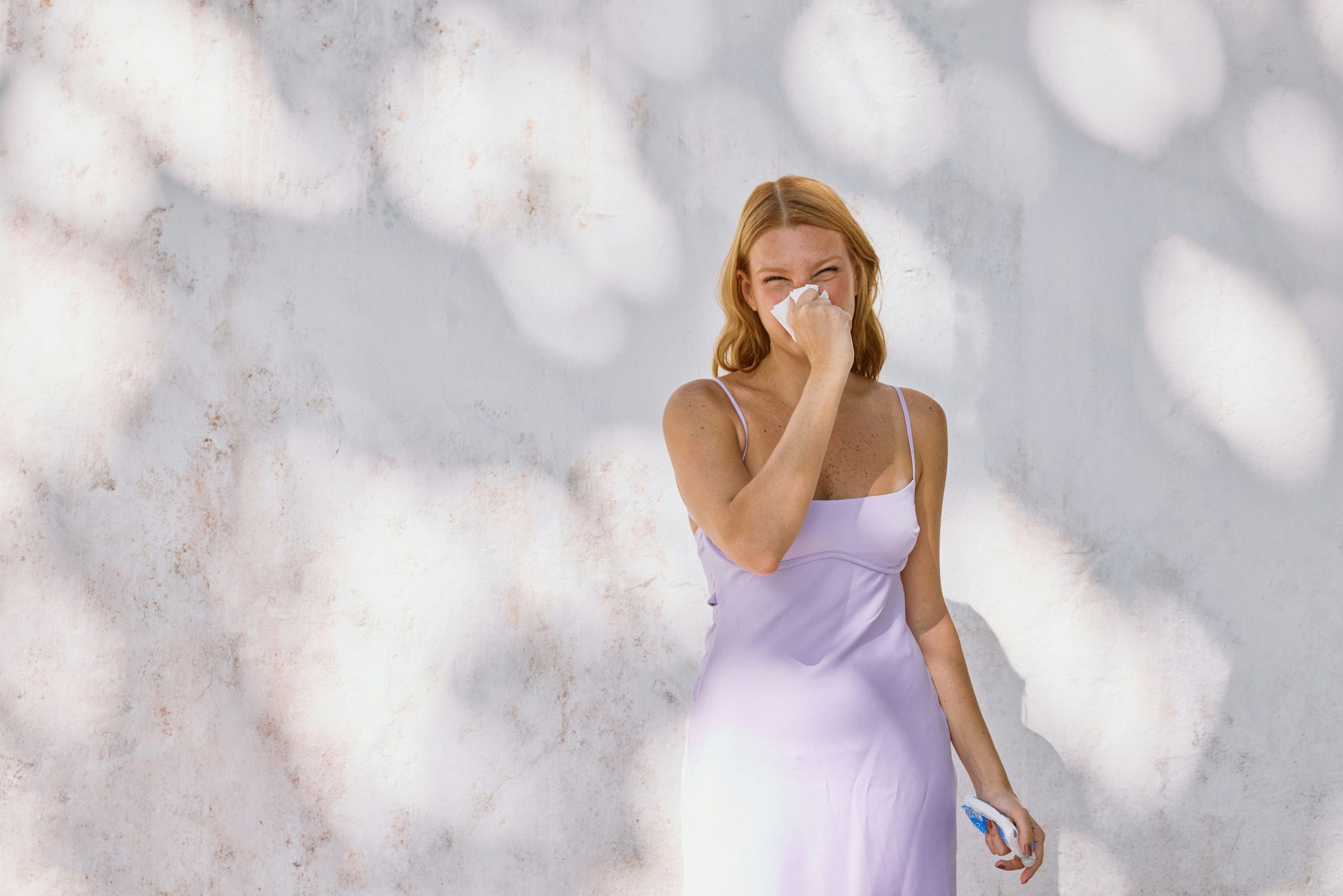28/08/2024
The Complex Relationship Between Depression and Anxiety
Anxiety is Australia’s most common mental illness, with 1 in 4 people experiencing anxiety at some point in their life. Depression is another common mental illness, affecting 1 in 7 Australians at some point in their life. And while the two are completely different by definition, they’re often experienced together. Why is this?
The relationship between depression and anxiety is complex, and there’s still lots we don’t know about the two conditions.
But in this post, we’ll outline what is known about the link between depression and anxiety, and how Medmate can help you or a loved one experiencing mental illness:
What is depression?
Also known as major depressive disorder or clinical depression, depression is a mood disorder which affects our feelings, thoughts and behaviours and can result in a variety of emotional and physical issues. It makes you feel sad or miserable and experience difficulty doing normal day-to-day activities, and sometimes it may not feel like life is worth living.
What is anxiety?
While it’s common to feel anxious or stressed when we’re under pressure, anxiety is when those feelings don’t go away and may not have a clear cause. Anxiety is a mental illness which makes people very worried or anxious most of the time, or prevent them from relaxing or calming down easily.
The relationship between anxiety and depression
While these disorders are very different, the relationship between anxiety and depression is clear:
It’s common for people to experience both
The chance of developing depression is much higher when anxiety disorder already exists. Nearly half of those with major depression also suffer from anxiety.
It’s often cyclical
People who are depressed often feel anxious and worried. This can lead to feeling like you’ve failed, triggering feelings of sadness and hopelessness. One can easily trigger the other, with anxiety often preceding depression.
PTSD and depression
Post-traumatic stress disorder (PTSD) is an anxiety disorder which occurs after a traumatic life event. People with PTSD are especially prone to developing depression.
Genetics plays a role in both disorders
Biological predisposition plays a role in the development of both of these disorders. It’s even more prevalent with anxiety than it is in depression, but environmental factors can also contribute to developing both disorders.
The relationship between anxiety and depression is complex, and should be addressed on an individual basis. Navigating any mental illness is difficult, but that’s why Medmate is here to help Australians experiencing anxiety and depression. We are Australia’s leading team in telehealth, offering specialist mental health consultations from the comfort of your own home. Our team includes empathetic, non-judgemental clinicians and psychologists who are committed to helping you get back on track with your mental health. Book in for a consult today and start feeling better.
Recommended reading
Search for a specific topic or filter by categories to find information on what you need to know on the full Medmate Journal

What Are Antihistamines and How Do They Work?
If you experience sneezing fits in spring, itchy skin after contact with something new, or watery eyes around pets, you may have been told to take an antihistamine. But what…
